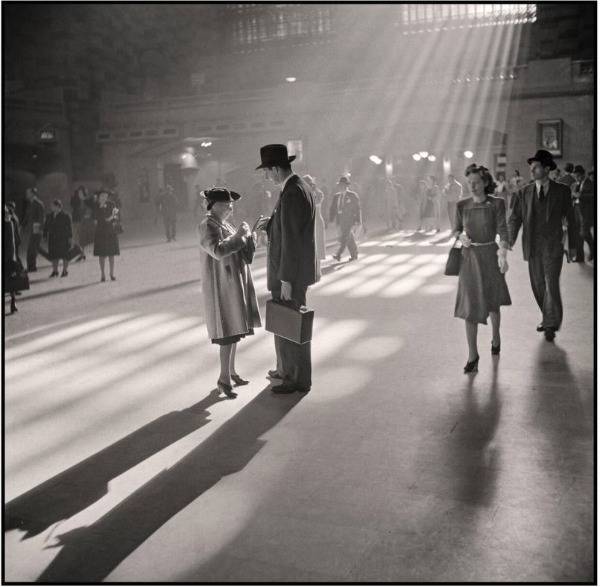Step Across This Line, Salman Rushdie's latest collection is an assemblage of his non-fiction pieces covering the decade 1992-2002. That he had the presence of mind to think about a subject like the composition of the tornado in the film version of The Wizard Of Oz is an accomplishment in itself.
STEP ACROSS THIS LINE
Salman Rushdie
Jonathan Cape
454 pp
£20
The book is divided into four parts: 'Essays', the least successful section; 'Messages from the Plague Years', his harrowing description of life under a fatwa; 'Columns', the best section; and 'Step Across This Line' the Tanner Lectures given at Yale, in 2002, discussions about literature and frontiers.
In the 'Essays' section, Rushdie explores the rock group U2, the playwright Arthur Miller, Gandhi in the modern age and 'On Being Photographed'. Rushdie is not, however, at home in this form. His thoughts, while sharp, are rambling, and his structure too loose. Worst of all, his conclusions are too often shockingly banal.
For example, after a wide-ranging journey through his childhood obsession with The Wizard Of Oz in 'Out Of Kansas' his conclusion is that we must all finally grow up and become bad magicians in the bargain. The lovely sections about his dreamer of a father are wasted in a summing up that we've arrived at well before he does.
'Resevoir Frogs' is a surprisingly conservative rant about titles that have nothing to do with the contents of the story. Rushdie can't understand what Quentin Tarrantino's landmark film about gangsters has to do with reservoir dogs, or for that matter, what Un Chien Andalou, the surrealist masterpiece, has to do with either. This last surprised me, because unless I'm dreaming, I read somewhere that the name 'Andalusian dog' was the nickname that the director of the film Luis Bunel and Salavdor Dali gave their friend, the poet Gabriel Garcia Lorca. Lorca was said to have been very displeased that their homosexual nickname for him had been made public. It would seem that a man as erudite as Rushdie would have run across this tale sooner or later and would have either confirmed it or shot it down in flames.
Yet he does come up with the occasional insight in these long pieces, but because of his rambling style, the insight seems almost accidental; Diana being killed simply because she didn't want to have her picture taken in 'On Being Photographed' makes you stop and think; his re-statement of the notion that in India one is pro V.S. Naipaul and anti-Naipaul out of India in his analysis of Indian writing 'Damme, This Is The Oriental Scene For You!' sounds very true.
In 'Messages From The Plague Years', he gives an account of his horrendous life immediately after the issuing of Khomeini's illegal fatwa. It is a tale of life on the run: Rushdie sweeps into New York in a secure van with an escort one step below that given to the President; Rushdie learns meditation from Allen Ginsberg in a room with mattresses at the windows. Yet he manages to give lectures, accept awards, do much more than many writers under threat are able to do. Maybe he's right: don't give in and keep showing up.
The 'Columns' section is the best because it is shorter.
His essay on the murder of the Haitian immigrant Amadou Diallo by New York City police is a powerful analysis of the racist forces that grip his adopted city. Rushdie surveys the scene with admirable dispassion and his conclusion that America must practise what it preaches comes home to roost in his column following the events of September 11 'The Attacks On America'.
Here he urges Americans "not to be scared" and to stand up and be counted for what they believe.
In the last section, the Yale lectures collectively entitled 'Step Across This Line', Rushdie argues that artistic freedom is under threat and that we must all face a new frontier of fear, and in that fear, we must manage to remain ourselves.
This last is an example of the weakness of 'Step Across This Line': conclusions that too often sound no better than jumped-up greeting card sentiments, mixed in with flashes of brilliant insight.
In his commencement address to Bard College in May, 1996, he tells the university graduates to "not bow your heads", "do not know your place", "defy the gods." This is the credo of Salman Rushdie, too, and the basic rule of thumb for any writer who wishes, as he so desperately does, to matter.
Step Across this Line is available from Amazon (UK).

